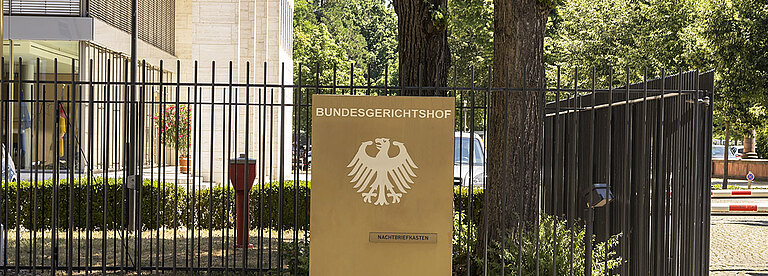Düsseldorf, 15.05.2020 - On May 14, 2020, the European Patent Office (EPO) fundamentally changed its position on the patentability of plants and animals produced exclusively by biological processes: The EPO's Enlarged Board of Appeal, in an express divergence from its previous case law, rejected patentability of such plants and animals. The decision comes at the end of a long dispute between various interest groups and represents a setback for the patent protection of agritech research and development, especially for agricultural companies that have opted for conventionally bred plants in view of the European debate on genetically engineered plants.
Background: The European Patent Convention (EPC) stipulates in Article 53(b) that plant or animal varieties or essentially biological processes for the production of plants or animals are not eligible for patent protection. In its landmark decisions G 2/07 "Broccoli I" and G 1/08 "Tomato I", the Enlarged Board of Appeal of the EPO clarified in 2010 that the exclusion from patentability of "essentially biological processes for the production of plants or animals" also covers those which use artificially introduced genetic markers for selection. Five years later, the Enlarged Board of Appeal clarified in the follow-up decisions G 2/12 "Tomato II" and G 2/13 "Broccoli II" that plants and animals as such can still be patented, even if they originate from a biological process that itself is excluded from patent protection.
Environmental activists and NGOs protested against these decisions and political negotiations took place at the EU level. This led to a new Biopatent Directive (Directive 98/447 EC of the European Union) being issued in 2017, which explicitly extends the exclusion of patentability to plants and animals that have been produced by essentially biological processes. EU legal acts are not binding on the EPO as it is not an EU institution. Still, the new regulation in the EU Biopatent Directive was in direct contradiction with the EPO's decisions G 2/12 "Tomato II" and G 2/13 "Broccoli II".
The EPO's executive and legislative bodies reacted promptly, with the Administrative Council introducing a new Rule 28(2) into the Implementing Regulations of the EPC in 2017 to bring the interpretation of Article 53(b) EPC into line with the newly applicable EU Directive. The actual provisions of the EPC itself, however, were not amended. In a noteworthy decision of 5 December 2018, a Board of Appeal of the EPO reacted to this by declaring the new Rule 28(2) EPC invalid for lack of compliance with the actual provisions of the EPC and their binding interpretation by the enlarged Board of Appeal in G 2/12 "Tomato II" and G 2/13 "Broccoli II".
This was now reviewed and finally rejected in yesterday’s decision G 3/19 “Pepper” of the Enlarged Board of Appeal, which is responsive to a referral of the President of the EPO. In its new decision G 3/19, the Enlarged Board of Appeal declares its previous decisions, G 2/12 and G 2/13 (Broccoli II/Tomato II), from 2015 to no longer be applicable. In doing so, it has now aligned its jurisprudence with the now applicable EU Directive. The Enlarged Board of Appeal argues that a certain interpretation of a legal provision can never be considered as “carved in stone”, since the meaning of the provision may change or develop over time. However, as a protective measure, the amendment of the case law will have no retroactive effect on European patents granted before July 1, 2017, or on pending European patent applications which were filed before that date.
"In our view, the decision is very surprising and also raises questions, as it seems that the Administrative Council, via a simple rule change in the EPC Implementing Regulations, has prompted a "dynamic interpretation of the law" by the Boards of Appeal," says Dr. Natalie Kirchhofer, patent attorney and partner at Cohausz & Florack. "For the over 250 pending examination, opposition and appeal proceedings that will be affected by this decision, it remains to be seen how those cases will proceed in light of the partially non-retroactive effect", says Dr. Kirchhofer.
Header: Prostock-studio/AdobeStock.com

![[Translate to Englisch:] [Translate to Englisch:]](/fileadmin/_processed_/a/6/csm_EPA_Entscheidung_Pepper_c8230e8725.jpg)

